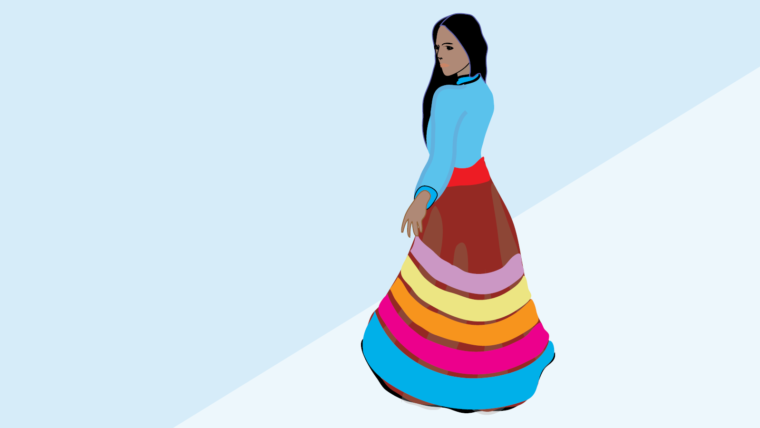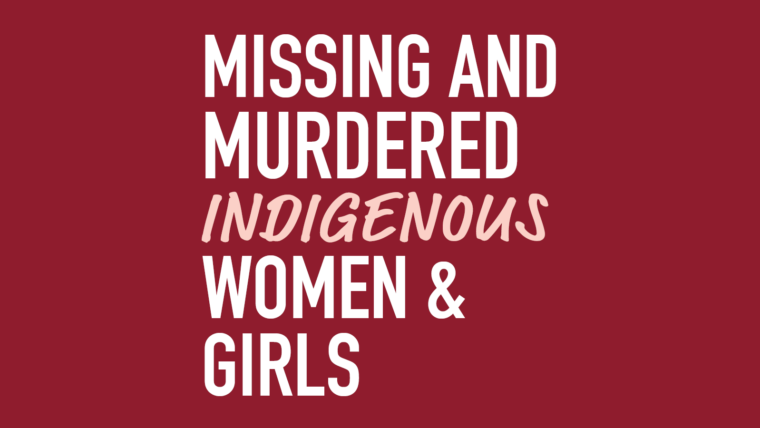American Indian and Alaska Native (AI/AN) women are 2.5 times more likely to be raped or be victims of sexual assault compared to the rest of the country.[1] This public health emergency encompasses verbal, domestic, physical, and sexual violence that has lifelong effects on women and their extended community. A report released by the Urban Indian Health Institute (UIHI), a division of Seattle Indian Health Board, titled Our Bodies, Our Stories: Sexual Violence Among Native Women in Seattle, WA, details results from a survey of 148 predominantly homeless or low-income urban AI/AN women In Seattle, WA and revealed much higher rates of sexual violence than was previously known.
The Data
- 94% had been raped or coerced into sex in their lifetime.
- 42% of victims of rape or coercion attempted suicide in their lifetime.
- 53% lacked permanent housing.
- 34% binge drank on a weekly or daily basis after they wereinitially attacked.
- 8% of cases of a rape victim’s first attack ended in a conviction.
- 86% reported being affected by historical trauma.
- 49% misused alcohol on a monthly, weekly, or daily basis in the yearprior to the survey.
Policy Implications
- There is a dire need for sustainable investments in research
uncovering the depth of sexual violence experienced by AI/AN communities. - Findings from this report offer data that can be used when considering legislation that addresses violence against AI/AN women, including:
- H.R. 6545: The Violence Against Women Reauthorization Act of 2018 (VAWA);
- H.R. 4485 and S.1942: Savanna’s Act;
- S. 1986: Justice for Native Survivors of Sexual Violence Act;
- S. 1953: Tribal Law and Order Reauthorization and Amendments Act of 2017; and
- H.R. 4608 and S.1870: Securing Urgent Resources Vital to Indian Victim Empowerment Act.
Recommendations
- Support Senator Jon Tester’s (D-MT) call for Senate hearing on missing and murdered Native American women, many of whom were victims of sexual violence.
- Increase investments in the 12 Indian Health Service (IHS) Tribal Epidemiology Centers to collect, analyze, and report on sexual violence throughout AI/AN communities.
- Preserve and increase investments in the IHS Direct, Tribal 638, and Urban Indian Health Program (I/T/U) system of care, including in:
- Domestic Violence Prevention Initiative to provide direct services, outreach and education services on intimate partner violence and sexual assault in AI/AN communities.
- Direct health care and behavioral health services for AI/AN patients impacted by intimate partner violence and sexual assault.
References
- Amnesty International (2006). Maze of Injustice: The failure to protect Indigenous women from sexual violence in the USA. Amnesty International


